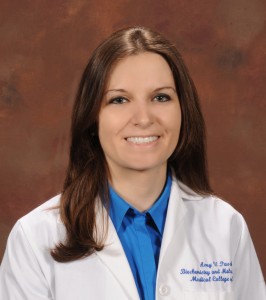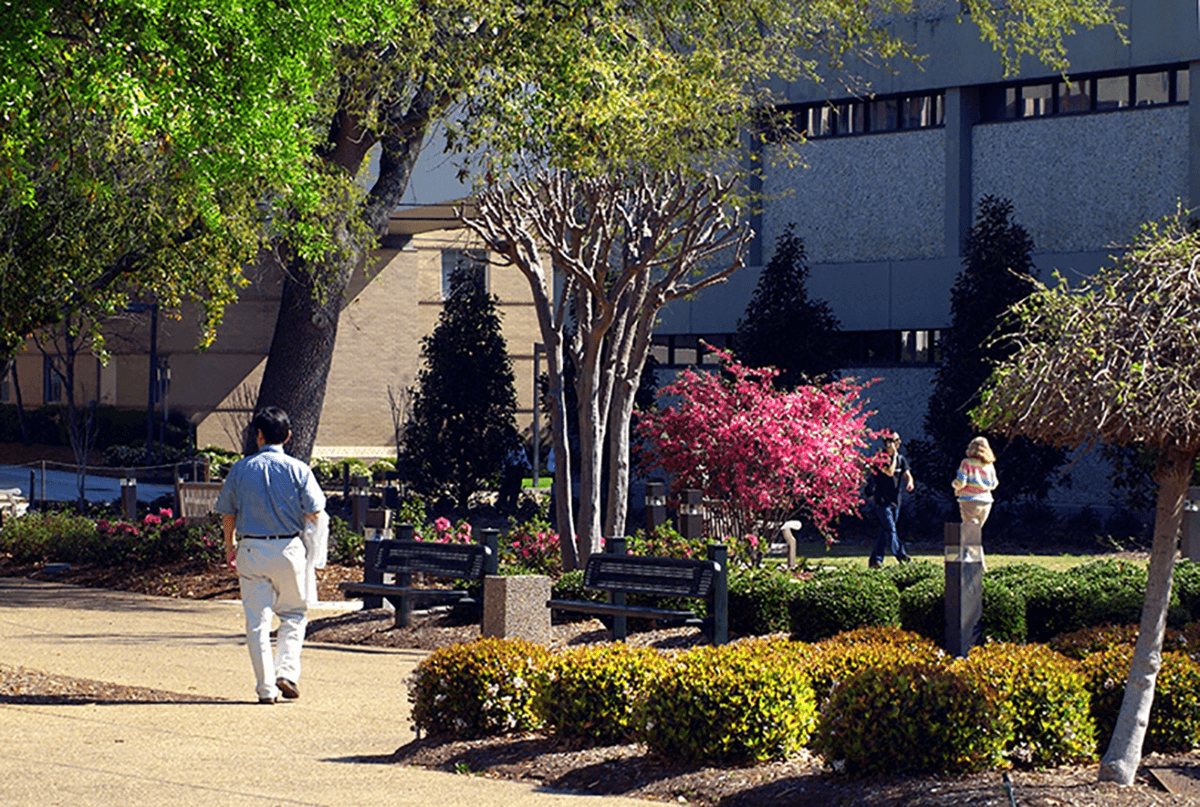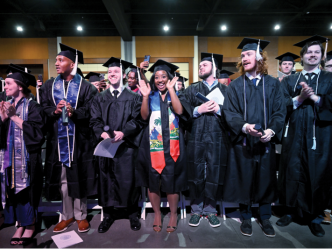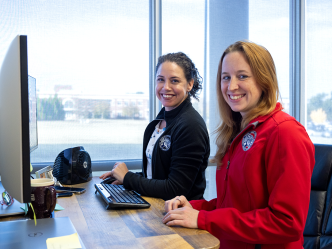The National Institutes of Health (NIH) has awarded Augusta University graduate student Amy Paschall with the Predoctoral Individual National

Research Service Award to fund her research on cancer immunotherapy. She is the only student at the university to receive the prestigious fellowship opportunity.
“I am very honored to have been chosen for this award because it provides me with the opportunity to study a new aspect of tumor immunology and better our understanding of how our own immune systems work against cancer,” Paschall said.
Frequently in many forms of cancer, the anti-tumor part of the immune system is prevented from functioning normally, thus promoting tumor growth. Paschall’s project involves trying to understand how these important immune cells are regulated and how to overcome immune inhibition.
Paschall’s project was funded to investigate the functions of Interferon Regulatory Factor 8, or IRF8, and how it is involved in the regulation of different aspects of the immune system, such as myeloid cells and T cells. T cells are a key driver of anti-tumor immunity, but certain regulatory cells such as myeloid derived suppressor cells, or MDSCs, can inhibit T cell function. IRF8 can regulate both the T cell response as well as myeloid differentiation. This project is therefore in the forefront of the war on cancer: targeting immune suppression to boost the T cell response against cancer, thereby improving cancer immunotherapy.
Paschall said she hopes her research will also shed light on how chemotherapy and immunotherapeutic drugs affect the immune system’s ability to fight cancer. She hopes her findings will lead to a more effective therapy to treat different types of cancer.
Although Paschall’s research will be completed over the next year, a portion of her work has already been featured in various publications including the Journal of Immunology.
Paschall is a graduate student in Augusta University’s doctoral program in Biochemistry and Cancer Biology.
 Augusta University
Augusta University




